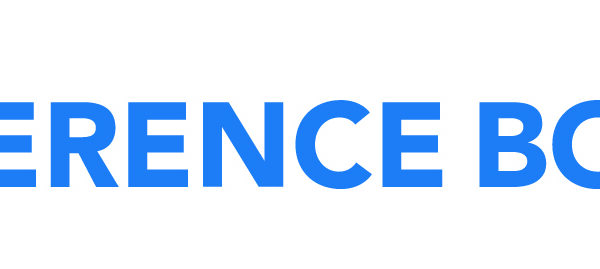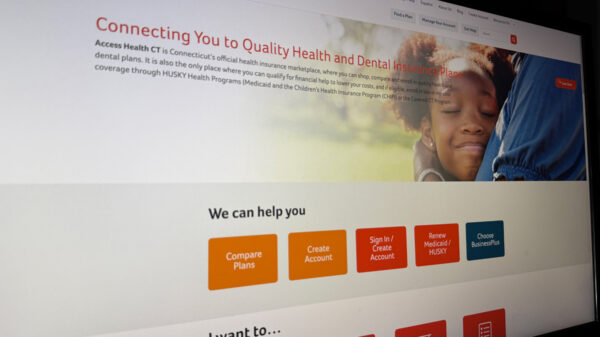In an era defined by data, organizations and individuals increasingly rely on measurement to inform decisions, track progress, and optimize performance. The concept of “If you can’t measure it, you can’t manage it” has never been more relevant. Yet, this reliance on quantifiable metrics has blurred the lines between genuine measurement and manipulative practices. This article examines the dual nature of measurement and offers strategies for ensuring ethical data use.
The Value and Risks of Measurement
Measurement presents significant advantages across various sectors. In business, Key Performance Indicators (KPIs) offer insights into organizational health, enabling leaders to make informed decisions. In education, standardized tests reveal performance trends, guiding curriculum enhancements. In personal health, fitness applications assist individuals in monitoring their well-being and setting achievable goals.
While measurement promotes efficiency and productivity, it also opens the door to manipulation. When data is selectively presented or distorted, the integrity of the information is compromised. For instance, a corporation may highlight a revenue increase while neglecting to address rising expenses, thus painting a misleading picture of financial stability.
In education, the practice of teaching to standardized tests can inflate scores at the expense of deeper learning. Similarly, in health, an overemphasis on numbers—calories, steps, or heart rates—may detract from a holistic view of well-being. Furthermore, biased algorithms can perpetuate inequalities, as data collection methods may inadvertently favor certain demographics. This is particularly evident on social media platforms, where engagement metrics can prioritize sensationalism over factual reporting, undermining the quality of public discourse.
Promoting Ethical Measurement Practices
To mitigate the risks associated with measurement, organizations must adopt ethical practices in data handling. Several strategies can enhance responsible measurement:
1. **Transparency**: Clear documentation of data collection methodologies is crucial. By explaining how metrics are derived and what variables are included, organizations can foster trust among stakeholders and reduce the potential for manipulation.
2. **Contextualization**: Presenting numbers without context can lead to misinterpretation. Organizations should provide a comprehensive framework for their metrics, comparing them against industry standards or historical data to aid understanding.
3. **Inclusivity**: Engaging diverse voices in data collection processes can help counteract biases. Involving stakeholders from various backgrounds ensures a more rounded approach to measurement, addressing potential disparities in data representation.
4. **Holistic Approaches**: Measurement should not be an isolated focus. For example, evaluating student success may encompass social-emotional factors alongside academic performance. Similarly, in the corporate realm, employee satisfaction and workplace culture are critical elements that contribute to overall success.
5. **Continuous Learning**: The landscape of measurement evolves rapidly, necessitating ongoing education about ethical data practices. Organizations should remain informed about technological advancements and ethical guidelines, promoting a culture of accountability and adaptability.
Recognizing the power and pitfalls of measurement is essential in today’s data-saturated environment. While data can drive significant change, it can also be misused as a tool for manipulation. By committing to transparency, contextualization, inclusivity, holistic approaches, and continuous learning, both organizations and individuals can navigate the complexities of measurement ethically.
In striving for a future where data serves as a guiding light rather than a source of confusion, stakeholders must remain vigilant. Understanding the blurred lines between measurement and manipulation will ensure that data continues to empower ethical decision-making across all sectors.


































































